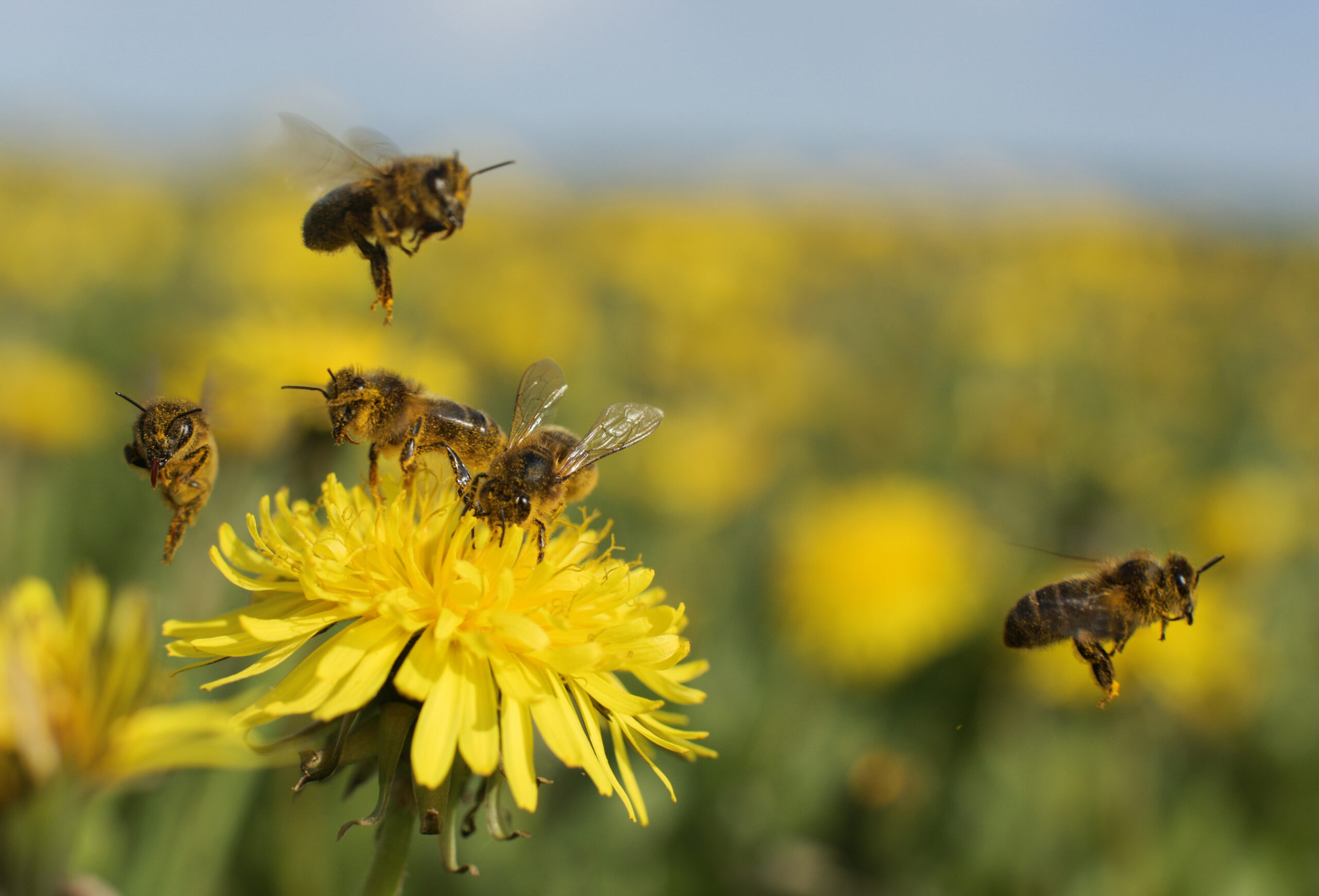
Bees
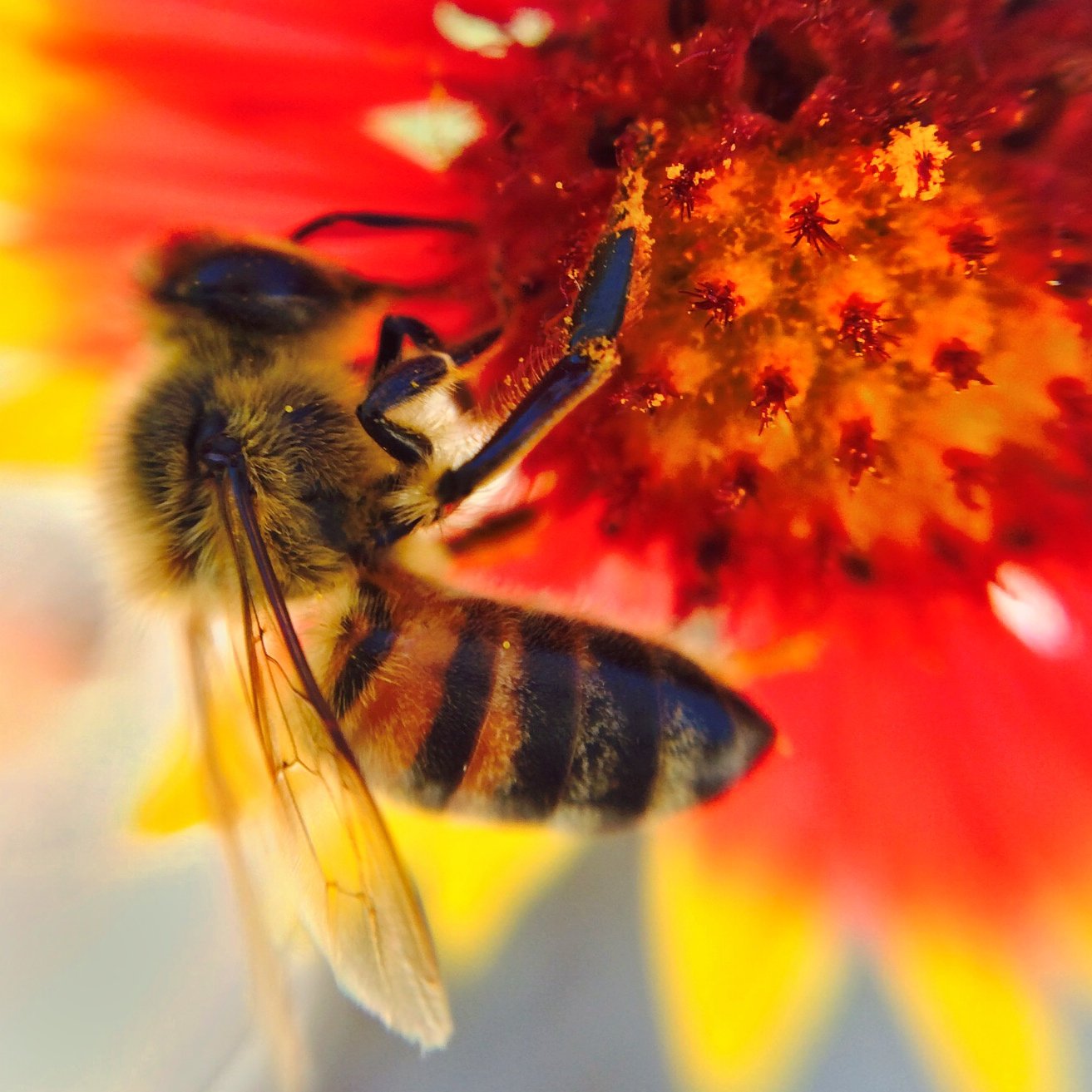
Simply put, without bees, humans will not be able to produce crops and will eventually starve to death. George McGavin, an honorary research associate at Oxford University's Museum of Natural History, told The Telegraph: "We rely upon bees for just about every vegetable, flower and fruit around. They are a crucial terrestrial group and we would face mass starvation without them."
Image via @lg100 via Twenty20
Bats
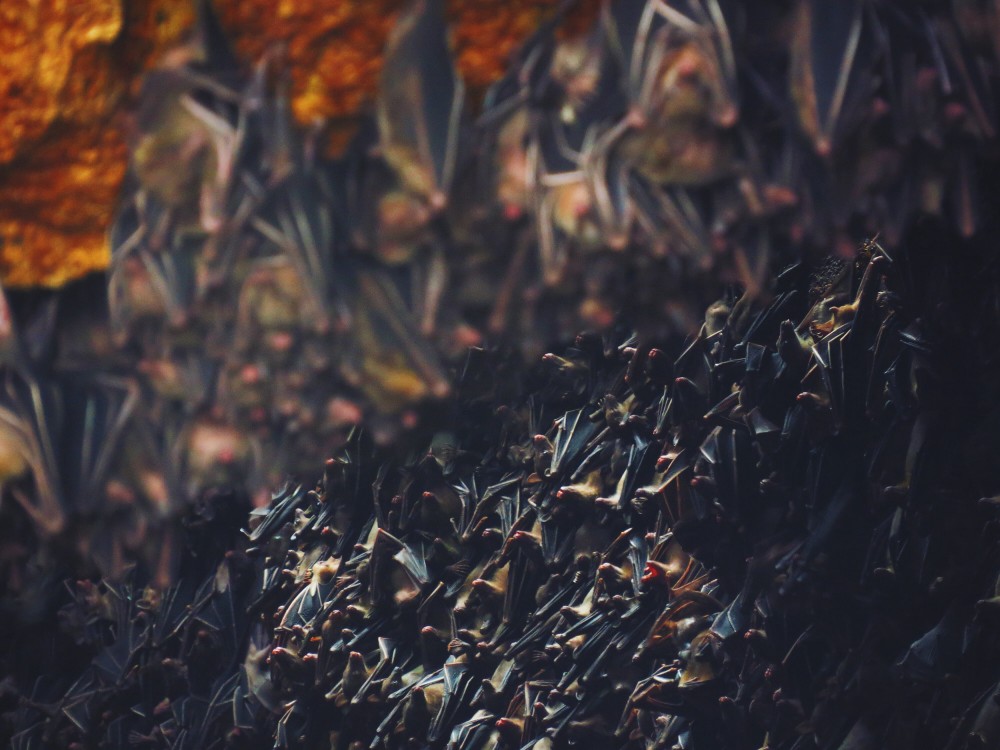
Bats may have gotten a bad rap but these little mammals are crucial to keeping an ecological balance in the environment. According to Mother Earth News, bats can eat from 6,000to 8,000 insects a night, making them effective at keeping crop-destroying insects at bay. They also disperse seeds through guano and are known to pollinate flowers—all essential steps for healthy, natural plant and tree production.
Image via @iampatzs via Twenty20
Plankton
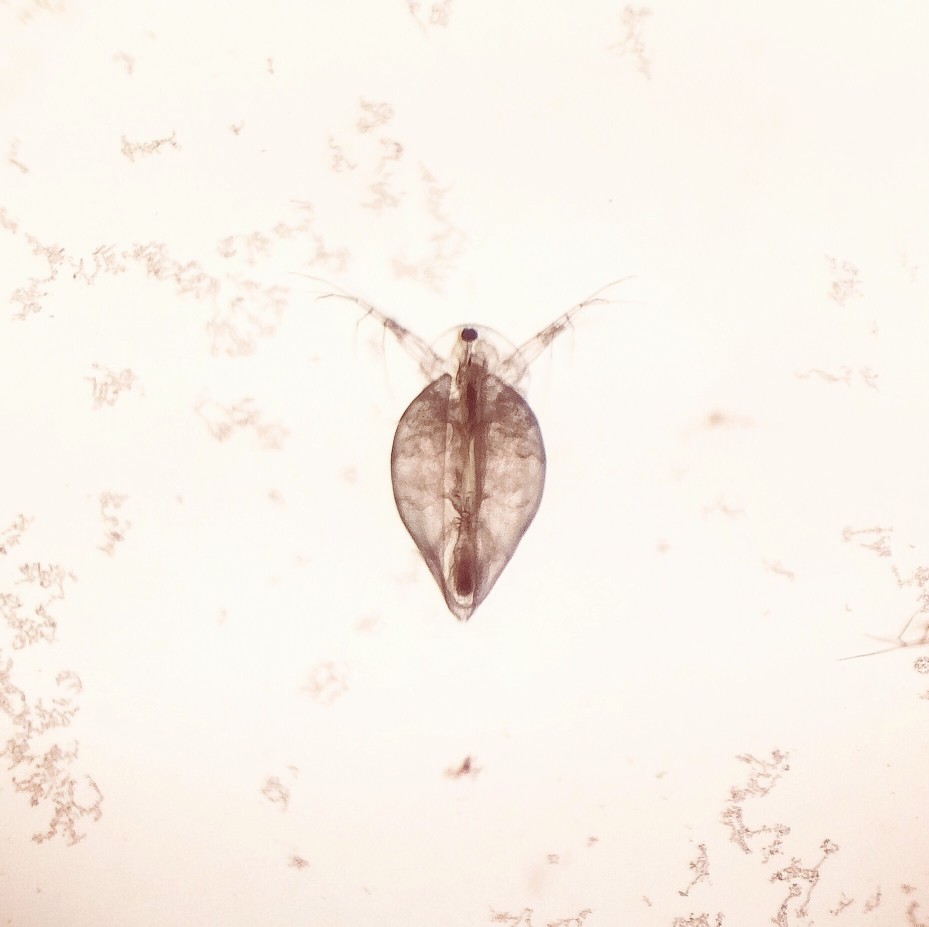
While trees and plants get loads of credit for producing the air that we breathe, according to National Geographic these microscopic entities are responsible for producing over half of the world's oxygen. The article written by John Roach states: "Fish, whales, dolphins, crabs, seabirds and just about everything else that makes a living in or off of the oceans owe their existence to phytoplankton, one-celled plants that live at the ocean surface."
Image via @trumaebelle via Twenty20
Primates
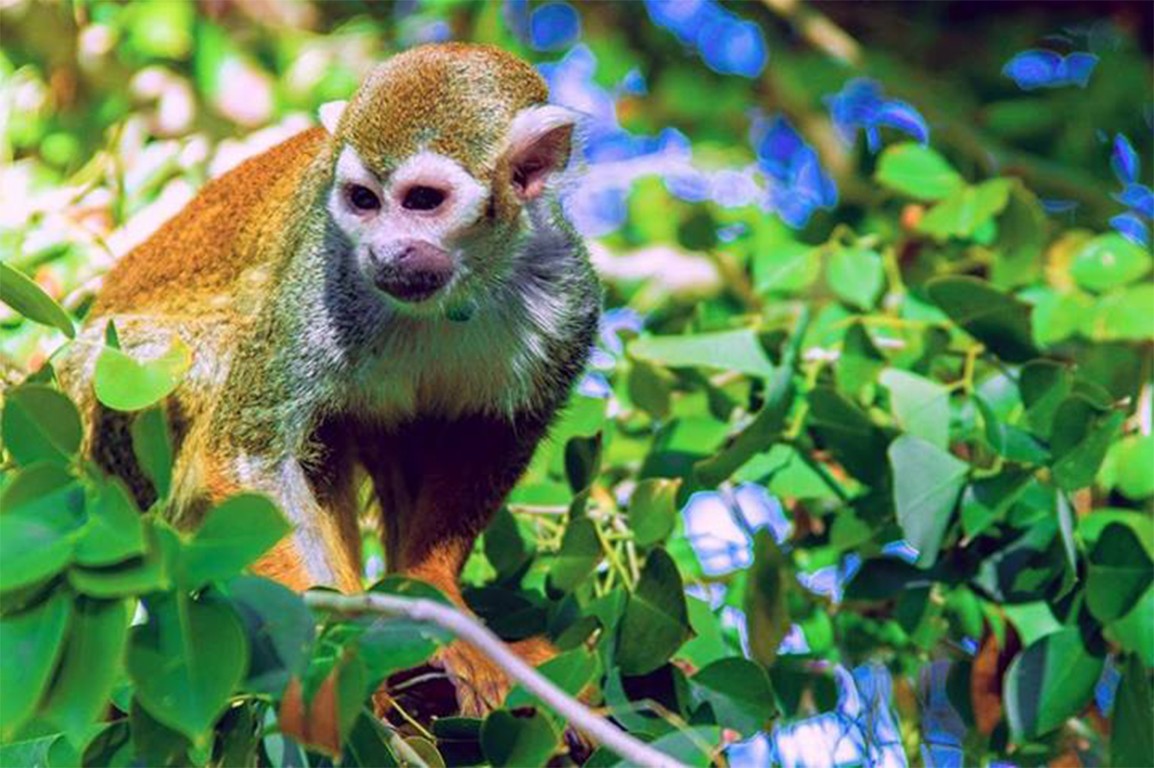
Aside from being adorably cute, primates are an essential part of the ecological system that can have lasting global effects. Science Advances sums it up perfectly: "Primates are prey, predator and mutualist species in food webs and thereby influence ecosystem structure, function, and resilience. Their evolution, feeding ecology, and geographic distribution are closely linked to the diversification of angiosperms, a principal source of food (pollen, nectar, fruits, and seeds) for many animals and humans. Many primates have been identified or suspected as important pollinators due to their opportunistic nondestructive feeding on flowers and nectar." Basically, they help maintain the health of rain forests and rain forests influence global rain patterns.
Image via @fennecphotography via Twenty20
Ants
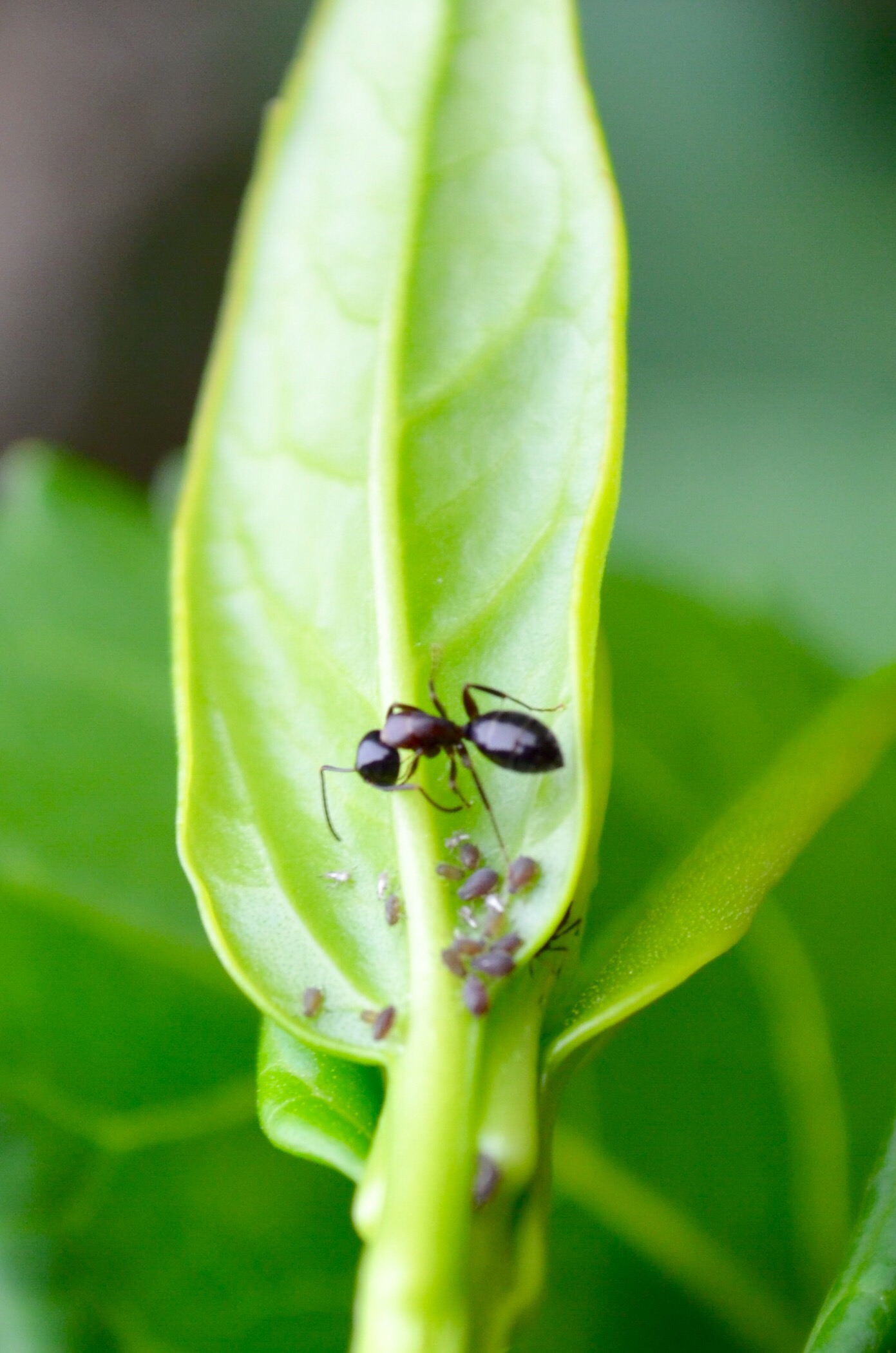
There millions and millions of ants in the world and while they might be annoying at picnics, these little pesks are working hard to maintain the ecological balance. Vital for crops, ants dig up the earth and aerate it naturally, yielding 36 percent more productive harvests according to the National Association of Science Writers. Additionally, ants help decompose materials and harvest and transport seeds efficiently.
Image via @Ren7580 via Twenty20



